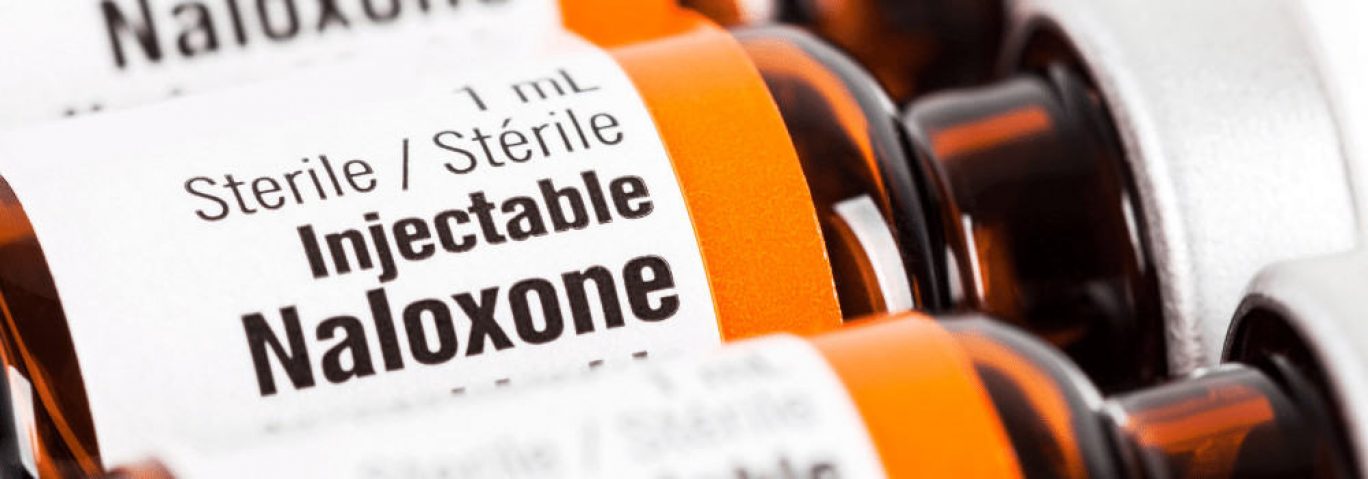Every year, thousands of fatal overdoses happen across the United States, taking the lives of children, parents, loved ones, family members, and friends. Naloxone is a life-saving medication that binds to opioid receptors in the brain to reverse opioid overdose. Still, not everyone knows how to use naloxone. So, we wanted to create a guide that explains the different ways to administer naloxone to save someone’s life, hopefully.
What’s Included?
This short guide on how to use naloxone walks you through the steps you need to take if you suspect an overdose. From how to tolt the head and place someone in the rescue position to explain everything when you call 911 and recognize signs of overdose, like pinpoint pupils, this guide walks you through everything. Keep in mind; we don’t intend this book to be a replacement for medical and professional advice. Instead, we want this book to serve as an educational guide for those who fear their loved one’s struggles with addiction might lead them to the brink. In this first edition, you will find:
- What’s naloxone?
- How does naloxone work?
- The different types of naloxone administering products
- How to react to an overdose
- Frequently asked questions about naloxone
Who Should Download This eBook?
This book is for anyone with a loved one struggling with opioid addiction. Note that this book is not intended to diagnose or treat any condition. This is an educational tool to help people understand how to use naloxone and reach an overdose. It includes information on how to recognize an overdose and how to help.
What Can My Next Steps Be?
Maybe after downloading this free ebook, you still have questions about addiction and treatment. We’re here to help you understand your options. You can start by visiting our resource page to learn more about addiction, treatment options, and how to find support. The aftermath of an overdose can be challenging. You might think this is what rock bottom looks like for your family member–it’s not. Many addicts continue to use despite suffering an overdose. Nonetheless, this is an opportunity to bring up seeking help and entering treatment. Consider having your loved one take a confidential and complementary addiction assessment over the phone to see if they might be candidates for rehab. If they are, then they can continue the process and get a comprehensive drug addiction assessment and mental health check to determine the best course of treatment and set the right expectations from the beginning. If you have any questions, we invite you to call us at (866) 308-2090 at any time to speak with our caring admission specialists. We’ll listen carefully (and confidentially) to your questions, needs, and concerns. Together, we can help your loved one start the journey to recovery. Remember, addiction is a life-threatening disease, so every second counts.









